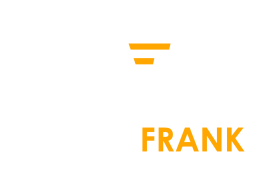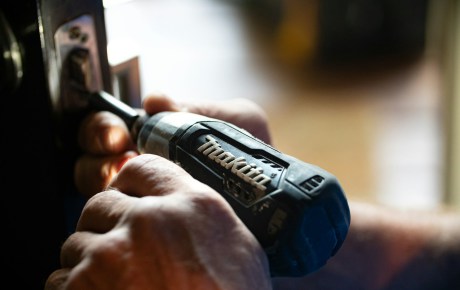Making Shared Living Work Well
Landlords don’t always get the best press these days. While there are certainly rogue operators who deserve criticism, there are also many responsible, long-term landlords committed to providing quality homes and maintaining good relationships with their tenants.
At WalterFrank, we’ve owned and managed HMOs for more than 13 years — and we’ve learned a lot along the way. Managing shared accommodation well takes more than just compliance; it’s about creating places people actually want to live. Here are our top four lessons on how to be an excellent HMO landlord.
Lesson 1: Communication Is Key
Good tenant relationships underpin every successful tenancy.
When something goes wrong — a boiler breaks, a door sticks, or a shower leaks — the speed and tone of your response makes all the difference. We always respond quickly, keep tenants updated, and make sure issues are resolved properly.
It sounds basic, but it’s powerful: if you look after your tenants and your property, your tenants will look after them too.
We actively ask for feedback. Tenants are the first to spot small issues that can become larger problems if ignored. Regular check-ins not only keep the property in good condition, they build mutual respect.
Lesson 2: Build a Strong Support Team
Even the best landlords can’t do everything themselves. The quality of your support network will determine how smoothly your properties run.
A reliable managing agent is often the most valuable partner you can have — one who knows your tenants, communicates well, and resolves maintenance issues quickly.
The Value of a Dependable Network
When we’ve managed properties directly, we’ve come to value our wider team even more: a dependable handyman, an emergency plumber, an electrician who knows our buildings.
Investing in these relationships means you can respond fast when something goes wrong — protecting both your property and your reputation.
Lesson 3: Inspect Proactively, Not Reactively
Regular inspections are a vital part of effective property management. We personally visit each property once or twice a year, while our managing agents carry out more frequent checks—typically on a quarterly basis.
Some issues only show up in winter (leaking gutters, condensation), while others become clear in summer (overgrown trees). These small checks help catch maintenance needs early before they turn into costly repairs.
Lesson 4: Put Safety First — Always
Being a landlord comes with significant legal responsibilities — and the list can feel endless at times. But tenant safety is non-negotiable, and the buck stops with you.
Stay on top of all key requirements: Gas Safety Certificates, Electrical Installation Condition Reports, fire risk assessments, and your HMO licence obligations.
Final Thoughts
Running HMOs well isn’t just about rent collection and repairs — it’s about professionalism, consistency, and care.
When you communicate openly, maintain a great support team, inspect regularly, and keep safety at the forefront, you create an environment where tenants feel respected and secure.
And that’s not only good for them — it’s good business.










